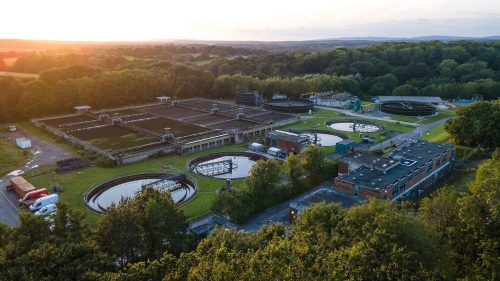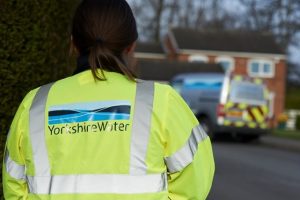Ofwat orders Yorkshire Water to rebate nearly £20m from bills over ‘lagging’ performance

Yorkshire Water must cut a total of £19.8m from customers’ bills next year after Ofwat found the company’s performance lagging, regulatory body Ofwat has ordered.
It is not yet clear how the mandated bill reductions will affect individual consumer or business customers.
The utility is one of seven UK water companies Ofwat says have not achieves acceptable performance in the current regulatory cycle, which covers 2020 to 2025. A further 120 firms have been classed as average. None have been assessed as leading in the Ofwat assessment published today.
In total 11 water companies have been ordered to cut bills, ranging from Thames Water, which must cut next year’s bills by more than £101m, to Northumbrian Water, which must cut bills by £113,000. Five companies will be allowed to increase total bills, ranging from Severn Trent Water (£88m) to Portsmouth Water (£302,000). In total, the UK’s water companies must cut bills by £114m.
Ofwat chief executive David Black said, “The targets we set for companies were designed to be stretching – to drive improvements for customers and the environment. However, our latest report shows they are falling short, leading to £114m being returned to customers through bill reductions. While that may be welcome to billpayers, it is very disappointing news for all who want to see the sector do better.
“It is not going to be easy for companies to regain public trust, but they have to start with better service for customers and the environment. We will continue to use all our powers to ensure the sector delivers better value.”
Yorkshire Water said it had made great improvements in reducing leakage and pollution, but accepted it had not met some of Ofwat’s requirements.
A spokesperson said, “We’ve always been clear that our plans for improving the health of Yorkshire’s rivers are on track and we’ve committed to delivering more improvements than we initially planned. Due to the significant amount of construction needed to improve over 765km’s of Yorkshire’s rivers, we’ve spent time designing, developing and securing planning permission for all the work that is needed, so we are confident that we are investing efficiently in the face of high inflation.
“As we said last year, in relation to the investments we are making for waste water we have some major projects which will deliver just at the end of the five-year period. We’ve recently started a £60m scheme at Knostrop WWTW on the river Aire as well as a £40m scheme at Blackburn Meadows WWTW on the river Don, both to reduce the amount of phosphorus entering those rivers and achieve long-term government targets in this area. These are just two examples of the wide range of investment taking place across our region resulting in us investing £800 million this year in Yorkshire’s infrastructure.
“On top of all of this, alongside the work we originally committed to do, we’re investing an additional £180 million to reduce discharges from storm overflows, the majority of which is funded by shareholders, as well as bringing forward investment we were planning to do in 2025 to improve Ilkley and Scarborough’s bathing water.”
Gary Carter, national officer GMB, which represents water sector workers, said: “The water sector operating model is broken. It has failed both customers and workers in the industry. It must be overhauled. Water bosses must be held to account, while shareholders must pay what’s required to restore infrastructure and tackle sewage spills and leakage.
“The government and regulator have sat idly by and allowed big dividends to be paid out while our water industry crumbles.”








